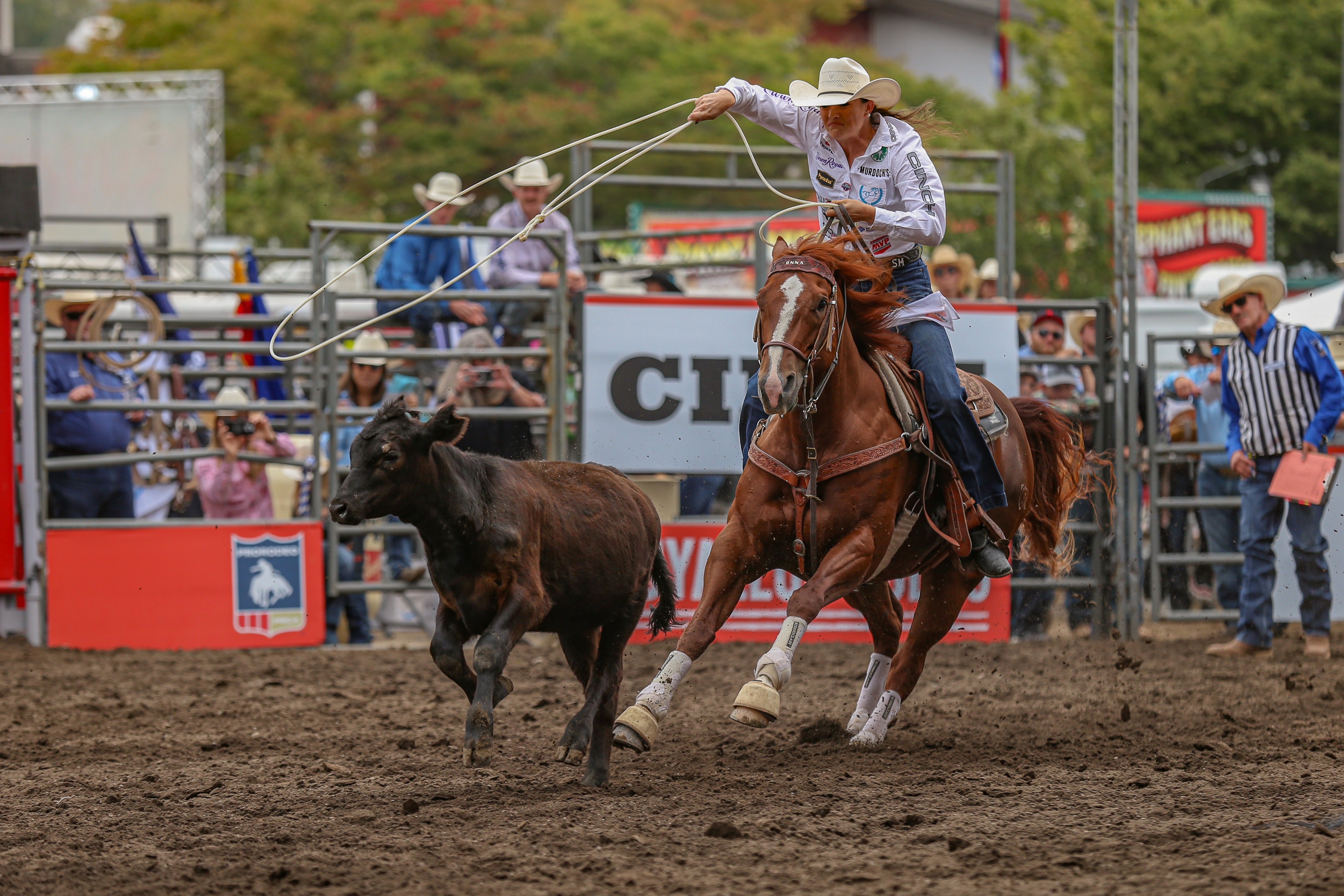Traveling or competing can be stressful experiences for horses, sometimes resulting in equine anxiety that affects their well-being and performance. Whether it's the long journey to a competition or the anxiety of performing, horses are sensitive to changes in their environment and routine.
Recognizing the signs of anxiety and understanding how to address them is key to ensuring your horse remains calm and comfortable. In this blog, we’ll explore practical tips for managing equine anxiety, from early detection to the use of effective calming supplements.
What Do You Know About Equine Anxiety?
The equine anxiety issues in your horse are complex, requiring immediate consideration and intervention. Remember, your horse is as sensitive as you are!
Changes in their environment and social dynamics can have an impact on your horse’s behavior. Your horse will show clear signs of being stressed and anxious. Your equine partner may reduce food intake and be highly restless. All these factors indicate a need for careful observation and managing your horse’s anxiety issues swiftly.
How to Recognize Early Signs of Equine Anxiety
Early signs of anxiety-related health problems are essential for you to know, as equine anxiety is not just a minor inconvenience. This can, in turn, trigger several significant responses affecting your horse's overall health.
A horse's natural behavior stems from its evolution as a prey species. Every species reacts differently to their perceived threats and may show different signs of anxiety. Three commonly observed triggers for your horse's equine anxiety are separation, stressful stimuli, and performance issues.
- Horses are herd animals and prefer to be in groups or have a buddy. Therefore can get anxious or concerned when separated from herd or other horses, similar to how we feel uneasy when away from loved ones for too long.
- The intense atmosphere of competitions, with all the noise and crowds, can make them nervous—much like how we might feel butterflies before performing on stage.
- Unexpected things that startle them—whether it's a loud bang, quick movement, or something unfamiliar can trigger their anxiety, just as we might jump at a sudden noise in a dark room.
Watch Out for These Common Equine Anxiety Signs
Understanding your horse's natural behavior, shaped by its instincts as a prey animal, will help you differentiate between normal reactions and anxiety-driven behaviors. Watch out for these evident signs of equine anxiety in your horse:
- Profuse sweating
- Frequent diarrhea episodes
- Reduced appetite or sudden weight loss
- Restless behaviors like pacing, weaving, or pawing
- Difficulty in trailering
- General lethargy or lack of energy
- Rearing, backing up, or bolting
- Lack of focus
- Refusing to drink water, especially while traveling
- Excessive chewing
How Can Horse Feed Influence Your Horse's Behavior
Just like you have your staple diet, your horse also has. Corn, oats, and barley are staples in most horse feeds available. These are energy boosters for your horse, as they are rich in starch. The starch triggers a rapid increase in their blood sugar levels. Your vet often interprets this sudden energy spike as anxious behavior or hyperactivity.
Several researchers have vouched for this belief that high-starch diets exhibit stronger stress responses, like elevated cortisol levels and increased rates of their hearts. As prey animals, horses have their natural flight response, and when their energy levels soar, they start overreacting to their external stimuli.
Tips to Reduce Equine Anxiety
Here are some quick tips you can follow to reduce your horse's anxiety:
1. Feed management
Address their dietary needs by monitoring commercial feed intake and/or providing feed with overall lower NSC (non-structural carbohydrate) content. NSC’s are the simple sugars and starches present in feeds. Excessive NSC can cause health problems including digestive upset which can trigger anxious behavior.
2. Evaluate Their Health
Sometimes, health issues may be the root cause of anxiety. Identifying the underlying causes of equine anxiety requires careful attention to their overall health. Consider consulting a professional veterinarian to:
- Check for signs of chronic pain or ongoing soundness issues
- Identify stress-induced habits or other health concerns.
- Look for signs of gastric upset
Stomach acid will cause a horse discomfort on an empty stomach or while splashing around during exercise, as a result horses may begin to show nervous behavior. Look for small signs like cinchy-ness, a grumpy attitude, or going off of feed or water
3. Mimic Grazing
The horse was originally intended to graze 24/7, but in more modern-day habits, many horses are given two large meals per day, causing the stomach to be empty for hours throughout the day, which can be a recipe for disaster. Horses will produce up to 10-12 gallons of gastric juice/stomach acid per day. A horse that can graze continuously will produce a constant stream of saliva to help to buffer the stomach acid. It is ideal to create a similar environment as nature intended. Free choice forage, through pasture or hay is ideal. However, if that is not an option, feed smaller but more frequent meals. Hay nets also are also a good option to provide free choice hay.
4. Ensure a Consistent Routine
All creatures feel comfortable when you stick to your predefined routine. When you remove your horse's familial background and introduce them to a new world, you disturb their routine.
So, when they are away from home, make sure you stick to their routine schedule of exercising and feeding. Establishing and sticking to a predefined routine helps you encourage a sense of order and influence their daily lives.
5. Bring Their Friends In
Horses are social animals and benefit significantly from companionship. They often crave interaction with their peers when removed from their natural grazing grounds.
Living in a herd offers protection from predators and fosters social bonding. Regular grooming sessions strengthen their relationships and help remove parasites, improving their overall well-being.
6. Ensure That Their Tack fits properly
Comfortable tack plays a significant role in managing equine anxiety. Consult a professional saddle fitter to ensure the following:
- The saddle fits appropriately, preventing shoulder tension and back pain.
- Bridles and bits are not too tight, avoiding discomfort that can lead to resistance.
Regularly inspect your horse’s tack and adjust as needed with professional guidance.
7. Impact of Noise Anxiety on Behavior and Welfare
Research showed that making thoughtful changes to daily routines helped reduce anxiety in horses. Giving them hay to munch on during nighttime proved especially beneficial for horses struggling with separation anxiety. Providing fresh paddocks also made a positive difference.
However, the study emphasized that we still need to develop more effective ways to help horses cope with noise-related stress since this type of anxiety can seriously impact their well-being and quality of life.
Conclusion
A stressed or hyperactive horse can be challenging to manage during competitions. However, there are a lot of ways to address equine anxiety issues. Using tools like calming or gastric support supplements and proper preparation and care will ensure your horse feels relaxed and ready to perform.
Choose supplements tailored to your horse's age, breed, activity level, and health needs. Focus on quality, NASC-approved supplements, and consult your vet for personalized advice.
Trust Med-Vet Pharmaceuticals to explore premium products, designed to keep your horse healthy, calm, and ready for success in any situation.
We are here for all your essential equine supplement needs. Call 833-809-4848 with any questions.


